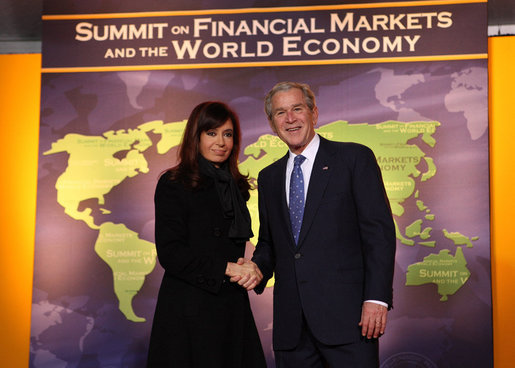CEO Departures Impact Market Amid Stock Challenges
Two high-profile CEOs recently announced departures amid plummeting stock prices, shedding light on the increasing pressure faced by executives in volatile markets.

Corporate Leadership Turmoil: A Season of CEO Departures
The corporate landscape has been profoundly impacted as two high-profile CEOs announced their departures at the beginning of December, both confronting significant challenges connected to plunging stock prices. This trend emphasizes a critical reality: in a bull market, maintaining investor confidence is vital, and falling short can lead to immediate repercussions.
Carlos Tavares, the Stellantis CEO, resigned on Sunday amid tensions with the company’s board, while Intel CEO Pat Gelsinger's retirement on the same day was reportedly not entirely his decision. Both companies have reported concerning stock performances this year—Stellantis's shares have dropped by 47%, while Intel's have plummeted by over 50%. In stark contrast, the S&P 500 has surged by more than 25%, highlighting a staggering discrepancy that makes it difficult for any CEO to sustain their role in such a volatile environment.
The trend of CEO departures is unlikely to ease, as 2024 is projected to witness a record number of executives leaving their positions. Tavares and Gelsinger, both recognized leaders in their respective industries, were tasked with revitalizing iconic brands facing significant hurdles. Their departures reflect a growing impatience among boards when companies fail to deliver solid financial performance, particularly during a period when many firms are thriving. Reports suggest that Tavares's exit stemmed from disagreements regarding a turnaround strategy that the board felt was overly focused on cost reductions. Meanwhile, Gelsinger's departure was fraught with concerns regarding the scale of Intel's investments, which insiders noted might not yield the anticipated returns.
As Michael Farr, chief market strategist at Hightower Advisors, articulated, “If a company’s figurative boat is sinking while most others are enjoying a rising tide, corrective action must be taken by the CEO and/or the Board.” This sentiment illuminates the evolving landscape surrounding corporate leadership. Over the past decade, the concept of shareholder primacy has encountered increasing scrutiny, especially in light of the Environmental, Social, and Governance (ESG) movement. This shift has led many to question whether firms should prioritize shareholder interests above all, emphasizing that stock price is merely one indicator of a company's success.
Notably, in 2019, the Business Roundtable marked a transformative change by issuing a new statement signed by nearly 200 CEOs, affirming that businesses should operate "for the benefit of all stakeholders"—including customers, employees, suppliers, communities, and shareholders. As we progress, the departures of Tavares and Gelsinger underscore the immense pressure that executives face in delivering results. Their exits may serve as a cautionary tale for others in this competitive corporate environment, underlining the critical need for successful CEO transitions in today’s dynamic market landscape.





